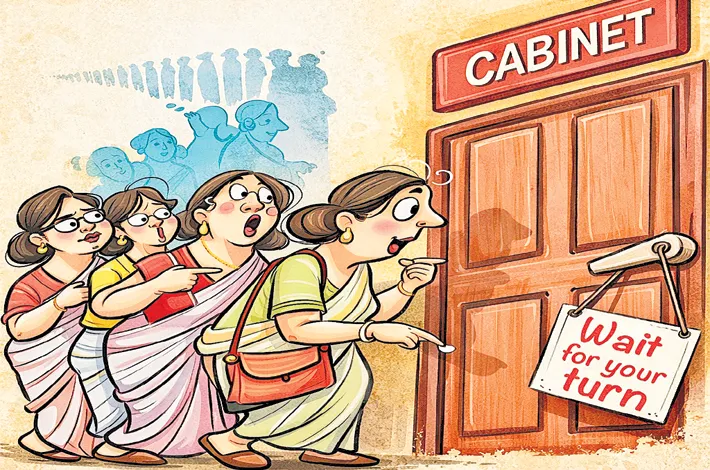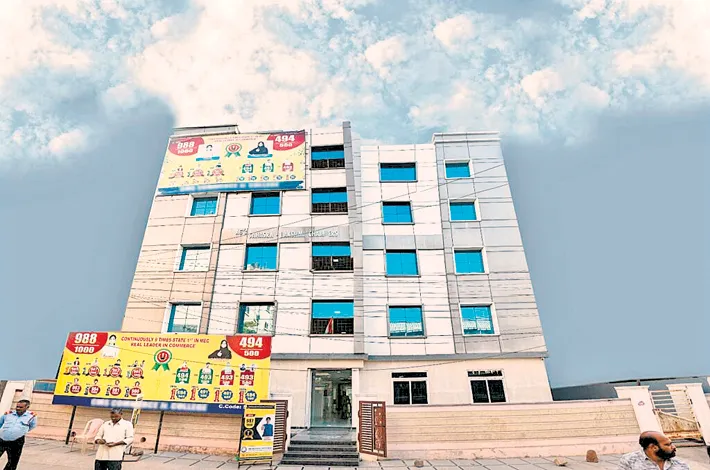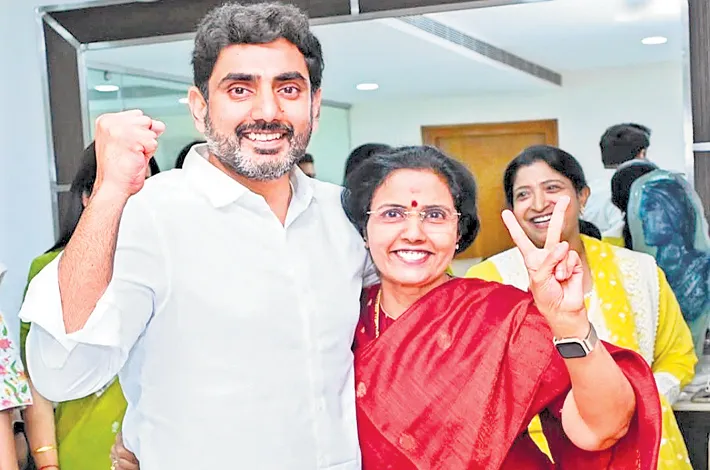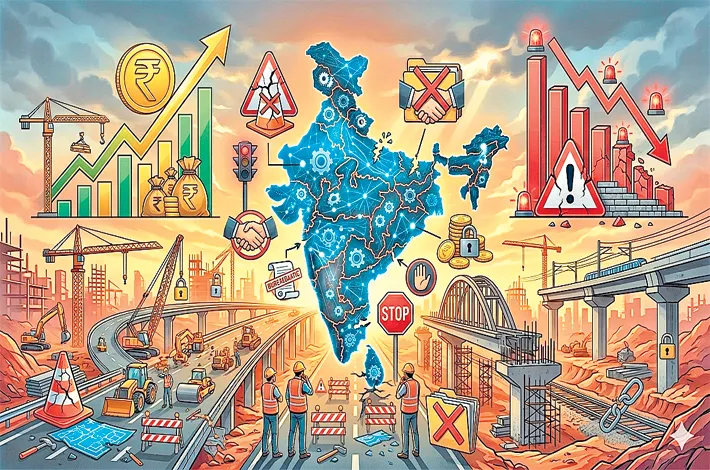SIR into rough weather in TN
23-11-2025 12:00:00 AM

Major issues related to SIR in Tamil Nadu
- One month timeline given to Booth Level Officers (BLOs) to distribute, collect, verify, and digitise forms for approximately 6.36 crore voters in Tamil Nadu-a period that coincides with harvest season, migrant worker movements, and major festivals such as Pongal.
- A DMK MP stated that the main problem is not distribution of forms but collection, digitisation, and preparation of an accurate draft voter list.
- Another DMK leader complained that the online portal is slow, prone to mismatches, and inaccessible to rural and elderly voters.
- BJP defended the exercise pointing out that fake, duplicate, dead and ghost voters needed to be removed from the list. Point out that in Telangana, 22 lakh bogus voters were deleted when Congress came to power.
- Government employees threaten to boycott SIR exercise, protesting against unrealistic deadlines, staff shortage and high pressure which, they say, affects their routine work.
A fierce political and administrative battle has broken out in opposition-ruled Tamil Nadu, Kerala, and potentially West Bengal over the Election Commission of India’s (ECI) Special Intensive Revision (SIR) of electoral rolls ahead of the 2026 Assembly elections. Government employees in Tamil Nadu and Kerala have staged dramatic protests, while ruling parties have accused the ECI of imposing an “illegal,” “impractical,” and politically motivated exercise that could disenfranchise millions of genuine voters.
The controversy centres on the tight one-month timeline given to Booth Level Officers (BLOs) to distribute, collect, verify, and digitise forms for approximately 6.36 crore voters in Tamil Nadu alone, a period that coincides with peak monsoon, harvest season, migrant worker movements, and major festivals such as Pongal. A DMK MP told a national news channel that the real bottleneck is not distribution of forms – which the ECI claims is 90 per cent complete – but collection, digitisation, and preparation of an accurate draft voter list.
He pointed out that many did not have the 2002 or 2005 voter lists required for reference and in addition, there were no street numbers, names were missing, and the remaining days were simply insufficient. He pointed out that when a similar SIR was conducted in 2005, it was not an election year, whereas the current exercise ends just months before the April–May 2026 polls. While making it clear that his party was not against revision, he expressed apprehensions that doing it so close to elections might result in genuine voters risk losing their franchise.
The DMK has approached the Madras High Court and the Supreme Court, arguing that the ECI lacks statutory power to mandate such enumeration forms and that the entire process violates natural justice. Another DMK spokesperson added that the online portal is slow, prone to mismatches, and inaccessible to rural and elderly voters. “Unless you submit the new enumeration form, you are automatically treated as a doubtful voter. Six crore people stand disenfranchised by default. This has never happened anywhere in India,” he alleged.
The BJP has hit back aggressively, calling the protests a deliberate attempt to protect decades-old fake, duplicate, dead, and ghost voters. A Tamil Nadu BJP leader accused the DMK and Congress of hypocrisy. “In Telangana, 22 lakh bogus voters were deleted when Congress came to power and they clapped. Today they cry conspiracy,” she said, adding that parties that once defended booth capturing and electoral malpractices were now running to courts “like guilty people fleeing a spotlight.” She reiterated that SIR is not a BJP project but one for Indian democracy. Anyone scared of clean voter lists is scared of clean elections, she alleged.
Government employees threaten boycott; administrative paralysis looms
Revenue officials and teachers in Tamil Nadu, traditionally involved in election duties, have threatened to boycott the SIR process citing extreme work pressure, an unrealistic timeline, inadequate training and inadequate human and financial resources for the roll revision exercise. Political observers note that a large section of state government employees sympathise with or vote for the ruling DMK, making cooperation difficult. Analysts warn that without state machinery support – unlike in Bihar where the NDA government ensured full administrative backing – the revision could face serious logistical hurdles in opposition-ruled states.
An independent political commentator acknowledged that the Bihar SIR passed relatively peacefully and that there is still a two-month buffer before final electoral rolls need to be frozen. However, he agreed that forcing voters to quote EPIC numbers from the 2005 revision poses a “huge practical challenge.” Another analyst cautioned the Tamil Nadu opposition against making SIR their sole poll plank, as a similar strategy failed the Mahagathbandhan in Bihar. He suggested that the DMK must highlight its five-year governance record rather than get pulled into a procedural battle that the ECI and Centre will portray as defence of bogus voting.
With the model code of conduct for the 2026 elections expected soon and the matter already before the Supreme Court, the coming weeks will decide whether the ECI grants an extension, modifies procedures, or presses ahead with the current schedule. For now, the voter-list revision – intended to cleanse rolls – has instead become the latest flashpoint between the BJP-led Centre and opposition-ruled southern states, with democracy’s most basic building block, the voter list, caught in a bitter partisan crossfire.








